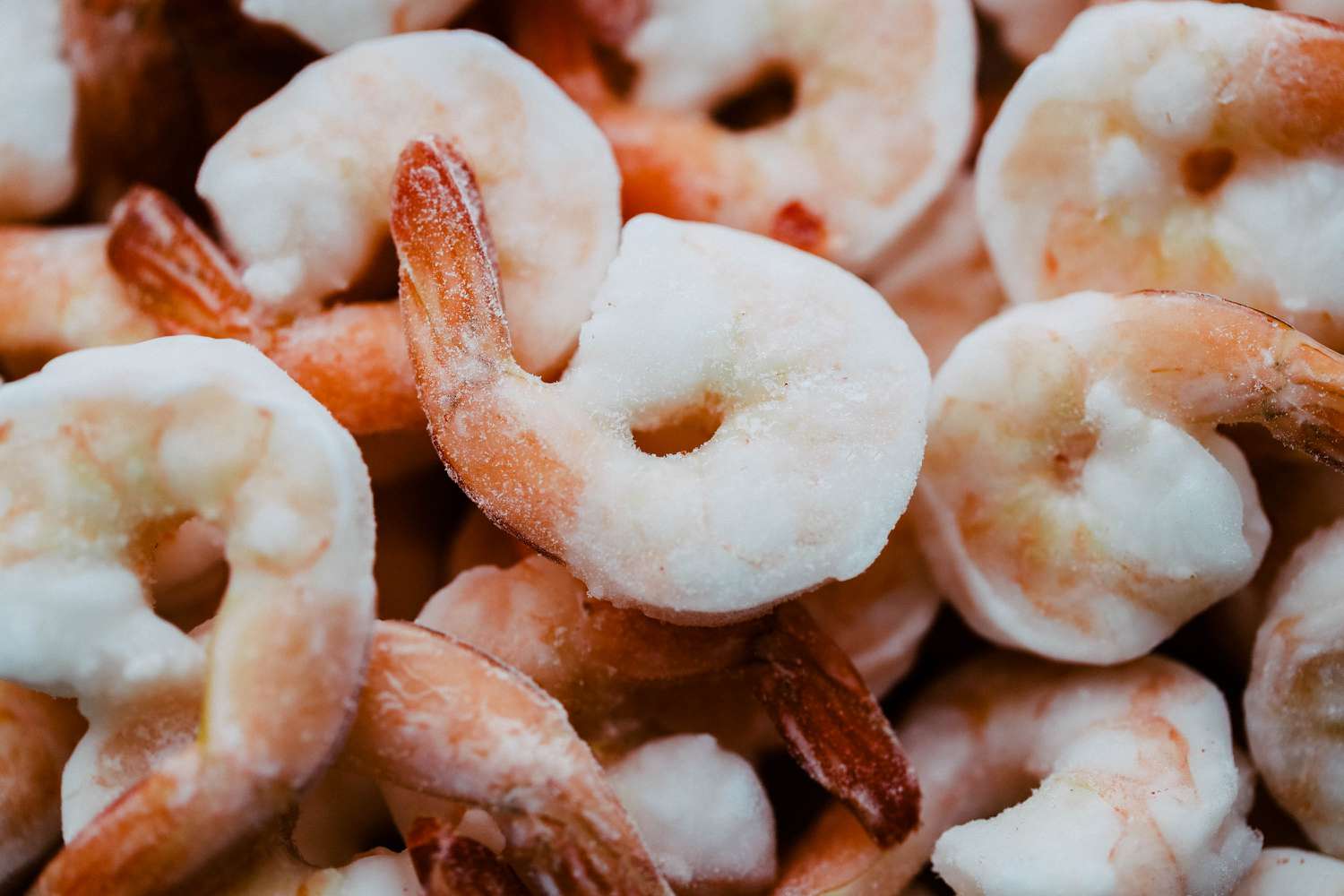

Articles
How Long Can Shrimp Last In The Freezer
Modified: January 18, 2024
Discover how long shrimp can last in the freezer with this informative article. Learn how to properly store and preserve shrimp to ensure freshness and flavor.
(Many of the links in this article redirect to a specific reviewed product. Your purchase of these products through affiliate links helps to generate commission for Storables.com, at no extra cost. Learn more)
Introduction
Welcome to the world of frozen shrimp! Whether you’re a seafood enthusiast or simply trying to make your groceries last longer, freezing shrimp can be a convenient and cost-effective solution. But how long can shrimp last in the freezer? In this article, we will explore the benefits of freezing shrimp, the factors that affect its shelf life in the freezer, proper storage techniques, and how to identify if frozen shrimp has gone bad.
Freezing shrimp has become increasingly popular due to its numerous advantages. Not only does it extend the shelf life of shrimp, but it also preserves its freshness and flavor. With frozen shrimp readily available, you can always have a versatile ingredient on hand to whip up a quick and delicious meal.
One of the key benefits of freezing shrimp is that it helps to maintain its nutritional value. Shrimp is packed with protein, vitamins, and minerals, including omega-3 fatty acids, which are beneficial for heart health. By freezing shrimp at its peak freshness, you can retain these essential nutrients and enjoy a nutritious meal anytime.
The texture and taste of shrimp can also be well-preserved through freezing. Whether you prefer boiled, grilled, or sautéed shrimp, freezing it can help maintain its tenderness and juiciness. This makes it a great option for those who want to enjoy delicious seafood, even when it’s not in season.
However, it’s important to understand that the shelf life of frozen shrimp is not infinite. Several factors can affect how long shrimp can safely remain in the freezer. These variables include the quality of the shrimp prior to freezing, the temperature and storage conditions in the freezer, and the specific type of shrimp.
Proper storage techniques are crucial to ensure that frozen shrimp stays fresh and free from freezer burn. Improper handling or storage can result in the loss of flavor and texture, and even cause the shrimp to spoil. We will discuss some tips on how to freeze and store shrimp to maximize its shelf life later in this article.
Now that we’ve explored the benefits of freezing shrimp and the factors that can affect its shelf life, let’s dive into the key question: how long can shrimp actually last in the freezer? In the following sections, we will provide you with a general guideline on the expected shelf life of frozen shrimp.
Key Takeaways:
- Freezing shrimp extends its shelf life, preserves nutrition, and offers convenience. Proper storage and understanding signs of spoilage are crucial for enjoying delicious and safe frozen shrimp dishes.
- Frozen shrimp can last 3-6 months if stored properly. Thawing, flavor enhancements, and versatile cooking methods maximize the convenience and versatility of frozen shrimp in creating flavorful dishes.
Read more: How Long Can Cheese Last In The Freezer
Benefits of Freezing Shrimp
Freezing shrimp offers a range of benefits that make it an ideal option for seafood lovers and home cooks alike. Let’s explore some of the advantages of freezing shrimp:
1. Extended Shelf Life: One of the primary benefits of freezing shrimp is that it significantly extends its shelf life. Fresh shrimp can spoil quickly, especially if not consumed within a few days of purchase. By freezing shrimp, you can preserve its quality for a longer period, allowing you to enjoy it at your convenience.
2. Convenience: Having frozen shrimp readily available in your freezer offers unmatched convenience. Whether you’re planning a last-minute meal or unexpected guests arrive, you can always rely on frozen shrimp to save the day. It eliminates the need for frequent trips to the grocery store and ensures you have a versatile ingredient on hand at all times.
3. Cost-Effectiveness: Buying fresh shrimp can be relatively expensive, especially if you live in an area where it’s not readily available. By buying in bulk and freezing shrimp, you can take advantage of cost savings and enjoy your favorite seafood without breaking the bank. Freezing shrimp allows you to stock up when it’s on sale or in season and enjoy it throughout the year.
4. Nutritional Preservation: Freezing shrimp at its peak freshness helps retain its nutritional value. Shrimp is an excellent source of protein, vitamins, and minerals, including selenium and B vitamins. By freezing shrimp, you can ensure that these essential nutrients are preserved, providing you with a healthy and nutritious option for meals.
5. Versatility: Frozen shrimp is incredibly versatile in the kitchen. Whether you want to prepare a delicious shrimp stir-fry, pasta dish, or a simple shrimp cocktail, having frozen shrimp on hand allows you to explore a wide variety of culinary creations. Its long shelf life in the freezer means you can experiment with different recipes and flavors, adding shrimp to your meals whenever inspiration strikes.
6. Reduced Food Waste: Freezing shrimp helps reduce food waste, as it allows you to preserve and consume shrimp before it spoils. Rather than letting unused fresh shrimp go to waste, freezing it ensures that no portion is discarded unnecessarily. This is not only beneficial for the environment but also for your wallet.
Overall, freezing shrimp offers convenience, cost savings, and the ability to enjoy high-quality seafood at any time. From extending the shelf life of shrimp to preserving its nutritional value, freezing this delectable ingredient is a fantastic choice for seafood enthusiasts and home cooks alike.
Factors Affecting Shrimp’s Shelf Life in the Freezer
When it comes to freezing shrimp, several factors can influence its shelf life and overall quality. Understanding these factors will help you properly store and maximize the lifespan of frozen shrimp. Here are some key factors that can affect shrimp’s shelf life in the freezer:
1. Initial Quality: The initial quality of the shrimp before freezing plays a significant role in determining its freezer lifespan. Shrimp that is fresh, undamaged, and properly handled before freezing will generally have a longer shelf life compared to shrimp that is starting to deteriorate.
2. Freezer Temperature: The temperature at which you store the shrimp in the freezer is crucial. Ideally, the freezer should be set to 0°F (-18°C) or below. Maintaining a constant and optimal freezing temperature is important for preserving the quality and texture of the shrimp. Fluctuations in temperature can lead to the formation of ice crystals, which can affect the shrimp’s texture when thawed.
3. Packaging: Proper packaging is essential for preserving the quality of shrimp in the freezer. Shrimp should be tightly sealed in airtight containers or freezer bags to prevent exposure to air and potential contamination. Vacuum-sealed bags are also a great option as they remove excess air, reducing the risk of freezer burn and maintaining the shrimp’s flavor and texture.
4. Storage Time: While freezing can extend the shelf life of shrimp, it is not indefinite. The longer shrimp is stored in the freezer, the more likely it is to experience a decline in quality. It is recommended to consume frozen shrimp within three to six months for optimal taste and texture.
5. Type of Shrimp: Different types of shrimp may have varying shelf lives in the freezer. Some shrimp varieties, such as larger prawns or shrimp with a higher fat content, may have a shorter freezer lifespan compared to smaller, leaner shrimp. This is because the higher fat content makes them more susceptible to rancidity over time.
6. Proper Thawing: How you thaw frozen shrimp can impact its quality. To preserve the texture and flavor, it is best to thaw frozen shrimp in the refrigerator overnight or by placing it in a sealed bag and submerging it in cold water. Avoid thawing shrimp at room temperature or using hot water, as this can result in uneven thawing and potential bacterial growth.
By paying attention to these factors, you can ensure that your frozen shrimp retains its quality, taste, and nutritional value for the maximum duration. Proper storage techniques and understanding these factors will help you make the most out of your frozen shrimp, allowing you to enjoy delicious and flavorful meals whenever you desire.
Proper Storage and Freezing Techniques
Proper storage and freezing techniques are essential to maintain the quality and shelf life of frozen shrimp. By following these guidelines, you can ensure that your shrimp remains safe to eat and retains its flavor and texture:
1. Choose Fresh Shrimp: Start with fresh, high-quality shrimp. Look for shrimp that has a clean sea-like smell, firm texture, and bright color. Avoid shrimp that appears slimy, discolored, or has an ammonia odor as these can indicate spoilage.
2. Clean and Pat Dry: Before freezing shrimp, clean them thoroughly to remove any debris or dirt. Remove the shells and devein if desired. Rinse the shrimp under cold water and pat them dry with paper towels. Excess moisture can contribute to the formation of ice crystals and affect the shrimp’s texture.
3. Use Airtight Containers or Freezer Bags: Place the cleaned and dried shrimp in airtight containers or freezer bags. Ensure there is minimal air in the packaging to reduce the risk of freezer burn. For added protection, consider using vacuum-sealed bags to remove excess air and maintain the shrimp’s quality during freezing.
4. Label and Date: It’s a good practice to label the containers or bags with the date of freezing. By doing so, you can keep track of when the shrimp was frozen and prioritize its consumption based on the recommended storage period.
5. Organize Properly in the Freezer: Arrange the shrimp in a single layer in the freezer to ensure even freezing. This will prevent the shrimp from clumping together and make it easier to retrieve the desired quantity when needed. Once the shrimp is frozen, you can stack the containers or bags to save space.
6. Maintain Freezer Temperature: Set your freezer temperature to 0°F (-18°C) or below to ensure optimal freezing conditions. Cold temperatures inhibit bacterial growth and help maintain the quality and safety of the shrimp.
7. Avoid Freezer Door: Store the shrimp in the coldest part of the freezer, away from the door. Opening and closing the freezer door frequently can cause temperature fluctuations, which may affect the shrimp’s texture and overall quality.
8. Thaw Properly: When it’s time to use the shrimp, thaw it properly to maintain its texture and taste. Thaw the frozen shrimp overnight in the refrigerator or place it in a sealed bag and submerge it in cold water. Avoid thawing shrimp at room temperature or using hot water, as these methods can lead to uneven thawing and potential bacterial growth.
By following these proper storage and freezing techniques, you can ensure that your frozen shrimp remains safe to eat and maintains its quality. With these guidelines in mind, you can enjoy the convenience of having frozen shrimp readily available for a delicious seafood feast at any time.
Shrimp can last in the freezer for up to 6 months if properly stored in an airtight container or freezer bag. Be sure to label with the date to keep track of freshness.
How Long Can Shrimp Last in the Freezer?
Shrimp can last quite a while in the freezer if stored properly. The shelf life of frozen shrimp can vary depending on several factors, such as the quality of the shrimp before freezing, storage conditions, and the type of shrimp. While freezing can extend the longevity of shrimp, it is important to note that the quality may decline over time. Here is a general guideline for how long shrimp can last in the freezer:
Fresh Shrimp: If you freeze fresh shrimp at its peak quality, it can typically be stored in the freezer for up to 3 to 6 months. However, for the best taste and texture, it is recommended to consume it within 3 months. After this period, the shrimp may start to show signs of freezer burn or a decline in quality.
Cooked Shrimp: If you have leftover cooked shrimp that you want to freeze, it can be stored for up to 2 to 3 months. Cooked shrimp tends to have a shorter freezer life compared to raw shrimp, as the cooking process can impact its texture and flavor.
Large Shrimp: Larger shrimp, such as jumbo or prawns, may have a slightly shorter freezer life compared to smaller shrimp. This is because they have a higher fat content, which can lead to quicker deterioration and a higher risk of developing off-flavors. It is best to consume large shrimp within 2 to 3 months of freezing.
Uncooked Shrimp: Uncooked shrimp generally has a longer freezer life compared to cooked shrimp. If properly stored, uncooked shrimp can last for up to 6 months in the freezer while maintaining its quality.
It is important to note that while frozen shrimp can be safe to consume beyond these timeframes, it may not have the same texture, flavor, or quality as when it was first frozen. Freezer burn, which appears as dry, discolored patches on the surface of the shrimp, can also occur over time if the packaging is not airtight.
To ensure the best quality, it is recommended to consume shrimp within the recommended timeframes. If you have any doubts about the quality or safety of frozen shrimp, trust your senses. If it looks off, has an unusual odor, or tastes different, it’s best to discard it.
By properly storing shrimp in airtight containers or freezer bags, maintaining the freezer temperature, and adhering to the recommended timeframes, you can enjoy frozen shrimp with great taste and quality for months to come.
Read more: How Long Can Butter Last In The Freezer
Signs of Spoiled or Freezer-Burned Shrimp
While freezing can help preserve the freshness of shrimp, it is important to be aware of the signs of spoilage or freezer burn. Properly stored shrimp should remain safe to eat, but improper storage or an extended period of freezing can affect its quality. Here are some common signs to look out for to determine if your shrimp has spoiled or suffered from freezer burn:
1. Discoloration: If the shrimp has developed a gray or brownish color, it may be an indication of spoilage. Fresh shrimp should maintain its vibrant pink or light gray color, so any significant changes in color are a cause for concern.
2. Sliminess or Stickiness: Shrimp that feels excessively slimy or sticky to the touch is likely spoiled. Fresh shrimp should have a firm and slightly slippery texture. If it feels excessively slimy or sticky, it may indicate bacterial growth or degradation.
3. Foul Odor: Shrimp that emits a strong, pungent odor, notably an ammonia-like smell, is a sign of spoilage. Fresh shrimp should have a mild, briny scent reminiscent of the sea. If the smell is off-putting or foul, it is best to discard the shrimp.
4. Freezer Burn: Freezer burn can occur when moisture is drawn out of the shrimp and ice crystals form on its surface. It appears as dry, discolored patches, usually white or gray in color. While freezer burn does not make the shrimp unsafe to eat, it can affect the texture and flavor, resulting in a tough and bland taste.
5. Texture Changes: Spoiled or freezer-burned shrimp may have a mushy or soft texture. Fresh shrimp should be firm, with a slight snap when bitten. Any significant changes in texture, such as a mushy consistency, can indicate spoilage or deterioration.
6. Excessive Ice Crystals: Shrimp that has been improperly packaged or exposed to air in the freezer may develop excessive ice crystals on its surface. While small ice crystals are normal, large and sharp ice crystals can indicate poor storage conditions, leading to potential quality issues.
If you observe any of these signs in your frozen shrimp, it is best to err on the side of caution and discard it. Consuming spoiled seafood can lead to foodborne illnesses and unpleasant digestive symptoms.
Proper storage techniques, such as using airtight containers or bags, minimizing exposure to air, and maintaining constant freezer temperature, can help prevent spoilage and freezer burn issues. Additionally, consuming frozen shrimp within the recommended storage periods can help ensure the best quality and taste.
By paying attention to these signs and proper storage practices, you can confidently enjoy frozen shrimp that is safe, flavorful, and free from spoilage.
Tips for Using Frozen Shrimp
Frozen shrimp can be a versatile and convenient ingredient to have on hand in the kitchen. Whether you’re planning a quick weeknight dinner or hosting a special gathering, here are some tips to make the most out of using frozen shrimp:
1. Thaw Properly: Thawing frozen shrimp properly is essential to maintain its texture and flavor. The best method is to thaw it overnight in the refrigerator. If you need to thaw it quickly, place the frozen shrimp in a sealed bag and submerge it in cold water. Avoid thawing shrimp at room temperature or using hot water, as these methods can result in uneven thawing and potential bacterial growth.
2. Flavor Enhancements: Frozen shrimp can benefit from simple flavor enhancements. Before cooking, consider marinating thawed shrimp in a mixture of olive oil, lemon juice, garlic, and your favorite herbs or spices. This can help infuse the shrimp with additional flavor and boost its overall taste profile.
3. Versatile Cooking Methods: Frozen shrimp lends itself well to various cooking methods. You can sauté it in a pan with garlic and butter for a quick and flavorful meal. Grilling or broiling shrimp can give it a smoky and charred flavor. You can also use frozen shrimp in stir-fries, pasta dishes, soups, or salads for a delicious seafood twist.
4. Avoid Overcooking: Shrimp cooks quickly, so be mindful to avoid overcooking it. Overcooked shrimp can become rubbery and lose its natural sweetness. Keep a close eye on the cooking time and remove the shrimp from heat as soon as it turns opaque and curls into a “C” shape.
5. Pair with Complementary Ingredients: Frozen shrimp pairs well with a wide variety of ingredients. Consider combining it with fresh vegetables, such as bell peppers, broccoli, or snap peas, for a colorful and nutritious meal. You can also add it to pasta, risotto, or quinoa for a satisfying and protein-packed dish.
6. Experiment with Different Flavors: Frozen shrimp can be a canvas for various flavor profiles. Feel free to experiment with different seasonings, spices, and sauces to create a range of tasty dishes. Whether you prefer Cajun-inspired flavors, Asian-inspired sauces, or Mediterranean-style herbs, the versatility of shrimp allows for endless culinary exploration.
7. Portion Control: To avoid waste, consider thawing and using only the amount of shrimp you need for a particular recipe. Once thawed, shrimp should not be refrozen, so it’s best to plan portions accordingly to minimize leftovers.
8. Incorporate into Make-Ahead Meals: Take advantage of frozen shrimp by incorporating them into make-ahead meals. Prepare dishes like shrimp stir-fry, shrimp curry, or shrimp tacos in advance and freeze them for easy weeknight dinners or quick lunch options later on.
By following these tips, you can make the most out of using frozen shrimp. Its convenience and versatility make it a great ingredient to have on hand for delicious and hassle-free meals. Enjoy exploring different flavors and cooking methods to create memorable seafood dishes with frozen shrimp as your star ingredient.
Conclusion
Freezing shrimp is a fantastic way to extend its shelf life, preserve its freshness, and have a convenient ingredient on hand for a wide variety of delicious meals. By understanding the benefits of freezing shrimp, the factors that affect its shelf life in the freezer, proper storage techniques, and the signs of spoilage or freezer burn, you can make the most out of your frozen shrimp.
From the extended shelf life to the cost-effectiveness and nutritional preservation, there are many advantages to freezing shrimp. It allows you to enjoy high-quality seafood at your convenience, reduces food waste, and opens up a world of culinary possibilities in your kitchen.
Proper storage and freezing techniques are crucial to maintaining the quality of frozen shrimp. By selecting fresh shrimp, cleaning and drying it thoroughly, using airtight containers or freezer bags, and storing it at the correct freezer temperature, you can ensure that your shrimp stays safe to eat and retains its flavor and texture.
Understanding the signs of spoilage or freezer burn is essential to avoid consuming shrimp that is no longer in its prime. Discoloration, sliminess, foul odors, and changes in texture are all indications that the shrimp has spoiled or suffered from freezer burn. Paying attention to these signs will help ensure that you enjoy shrimp dishes that are delicious and safe to eat.
When using frozen shrimp, proper thawing, flavor enhancements, versatile cooking methods, pairing with complementary ingredients, and portion control are key considerations. By following these tips, you can create a wide range of flavorful dishes and make the most of your frozen shrimp.
In conclusion, freezing shrimp is a convenient and cost-effective way to enjoy fresh seafood throughout the year. By understanding how to properly store and use frozen shrimp, you can savor the taste of delicious shrimp dishes whenever you desire. So stock up on your favorite shrimp, follow the proper freezing guidelines, and enjoy the convenience and versatility of frozen shrimp in your kitchen.
Frequently Asked Questions about How Long Can Shrimp Last In The Freezer
Was this page helpful?
At Storables.com, we guarantee accurate and reliable information. Our content, validated by Expert Board Contributors, is crafted following stringent Editorial Policies. We're committed to providing you with well-researched, expert-backed insights for all your informational needs.
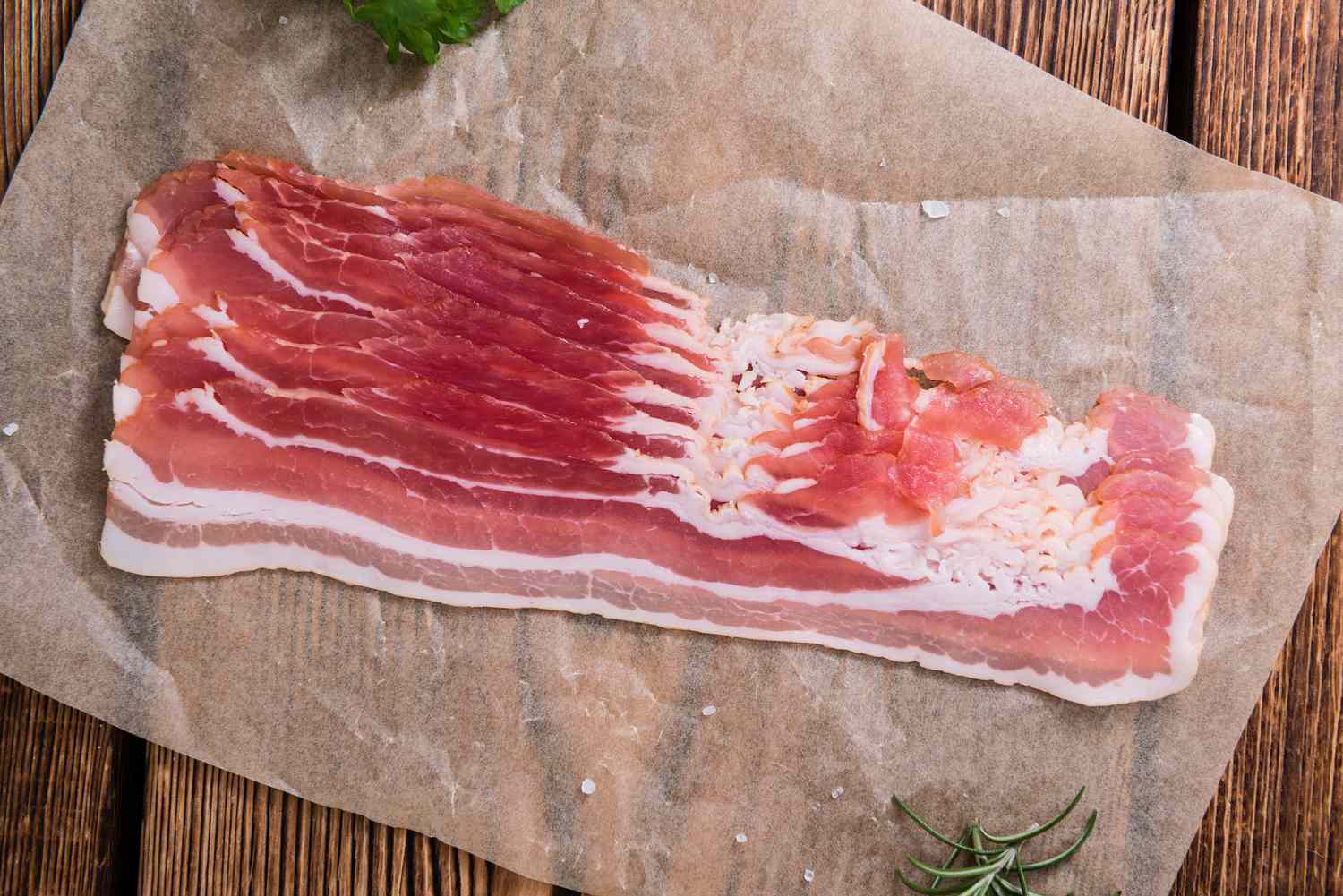

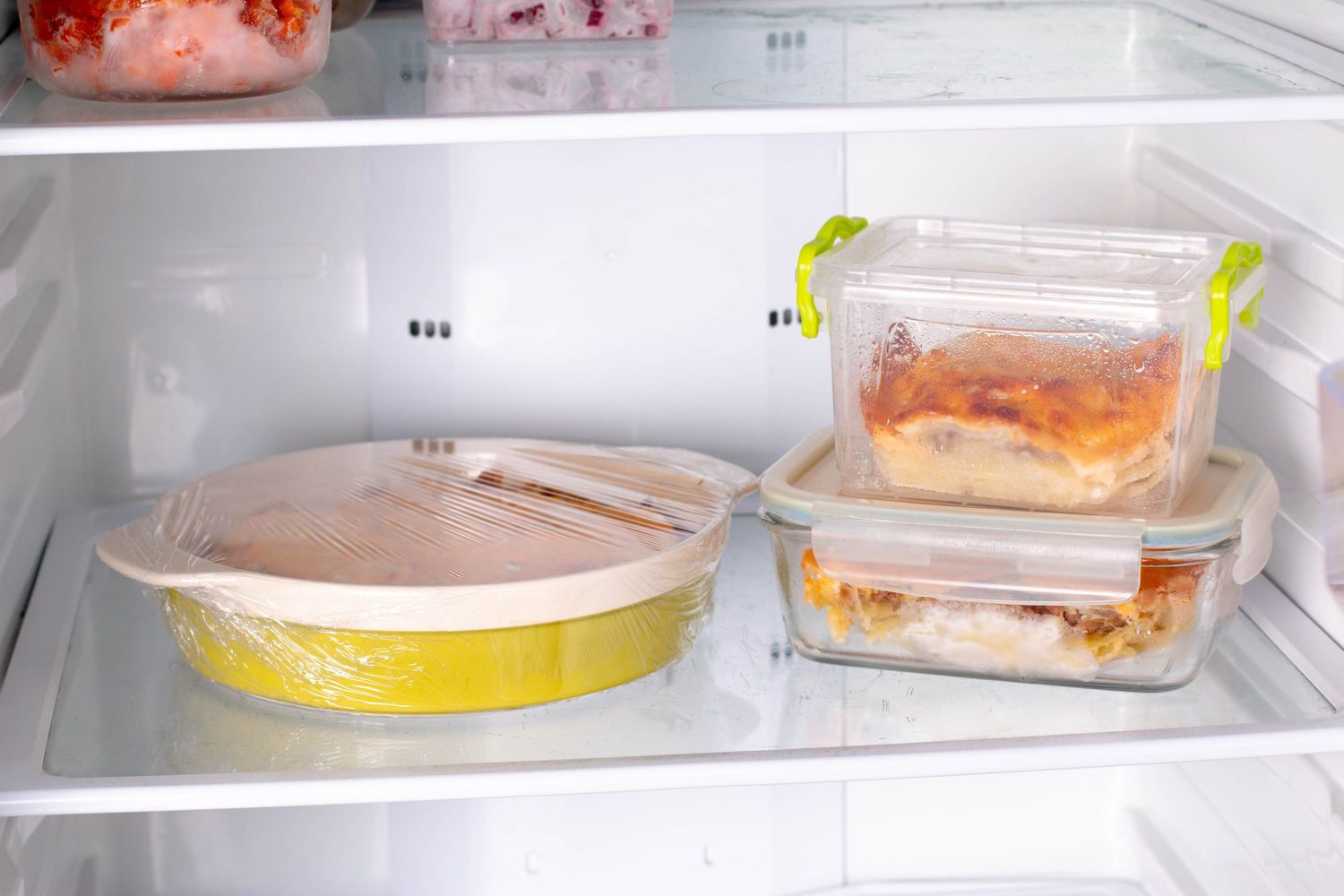
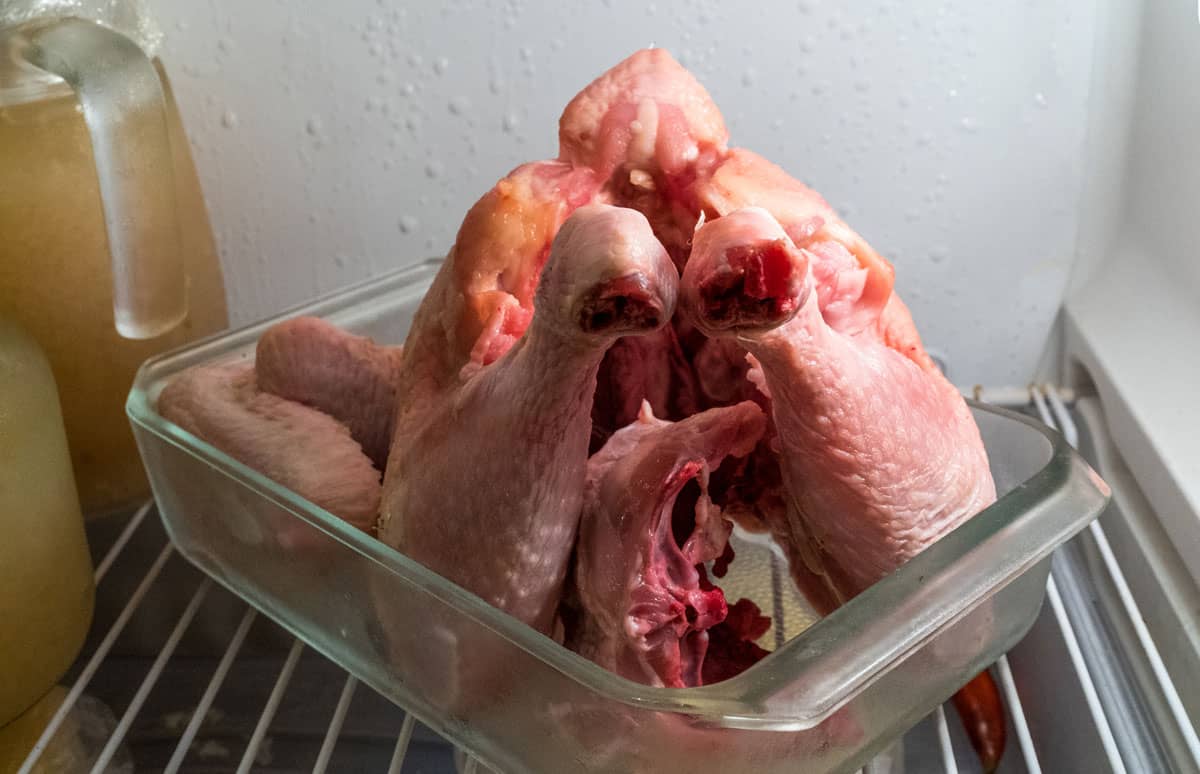

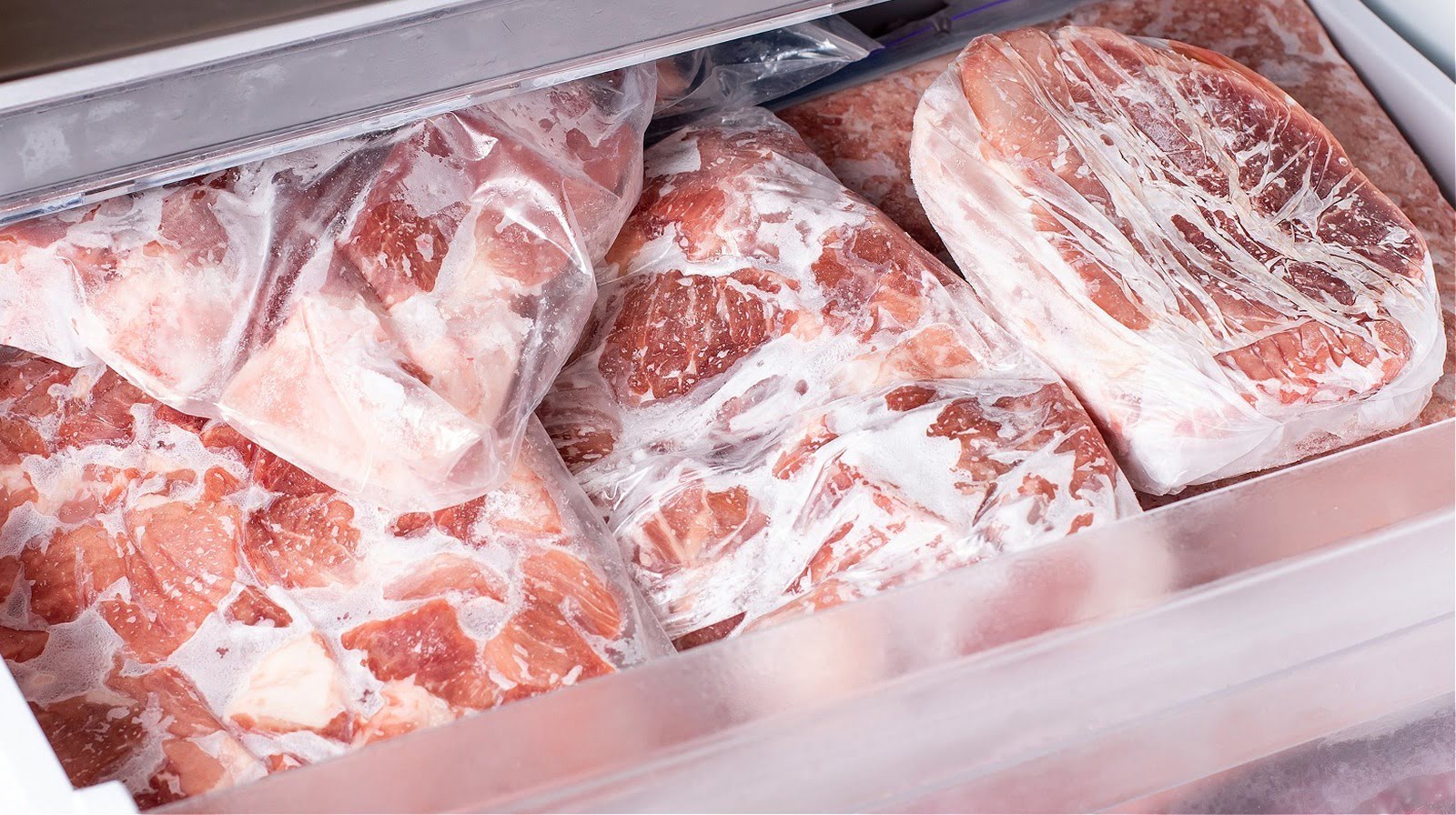
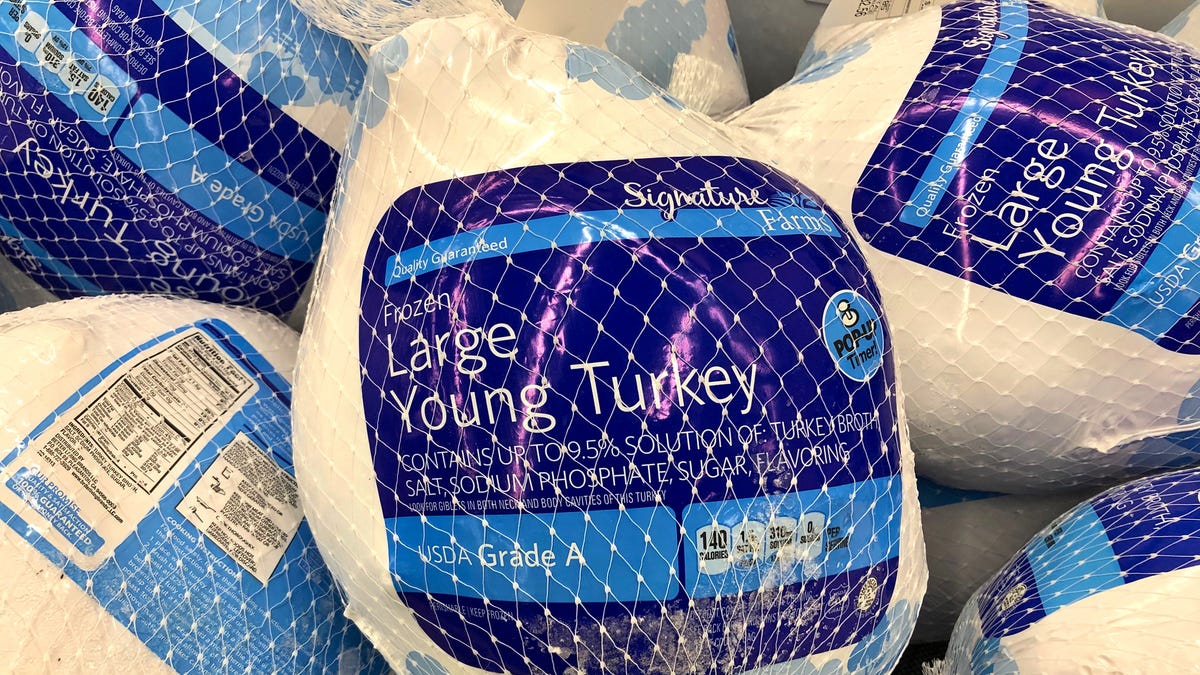
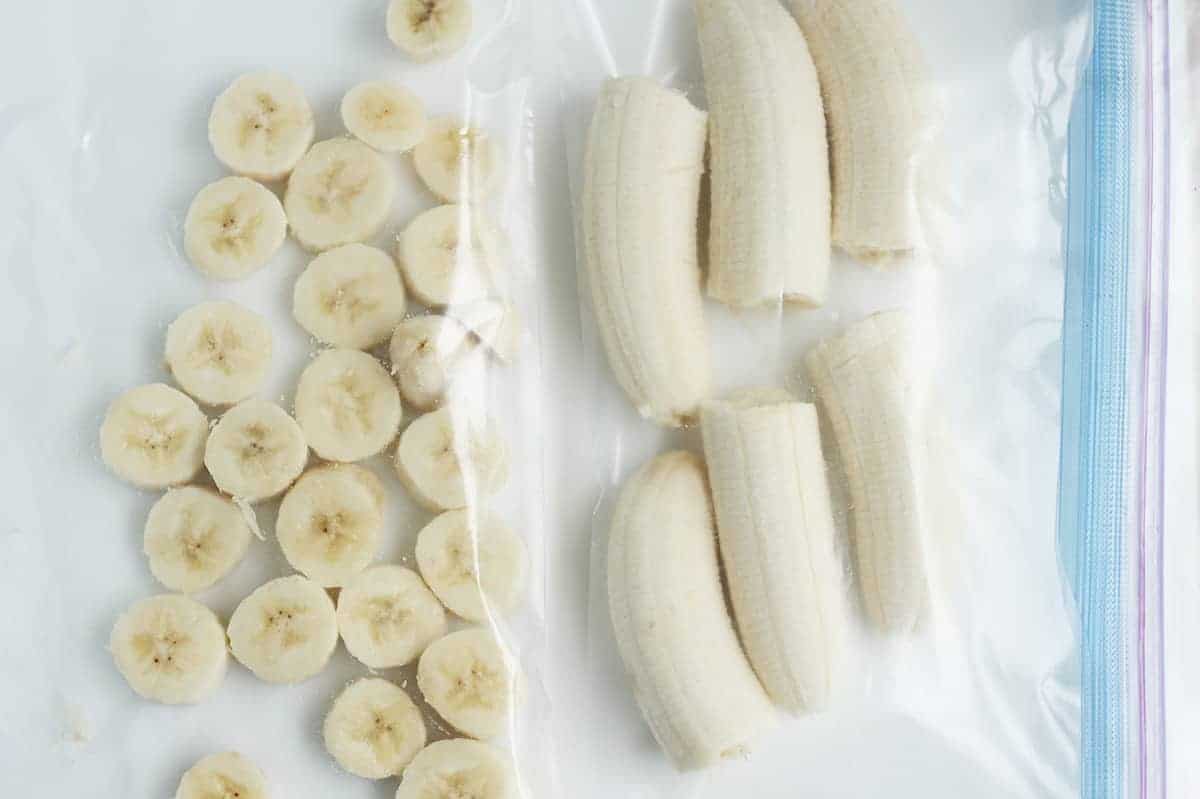
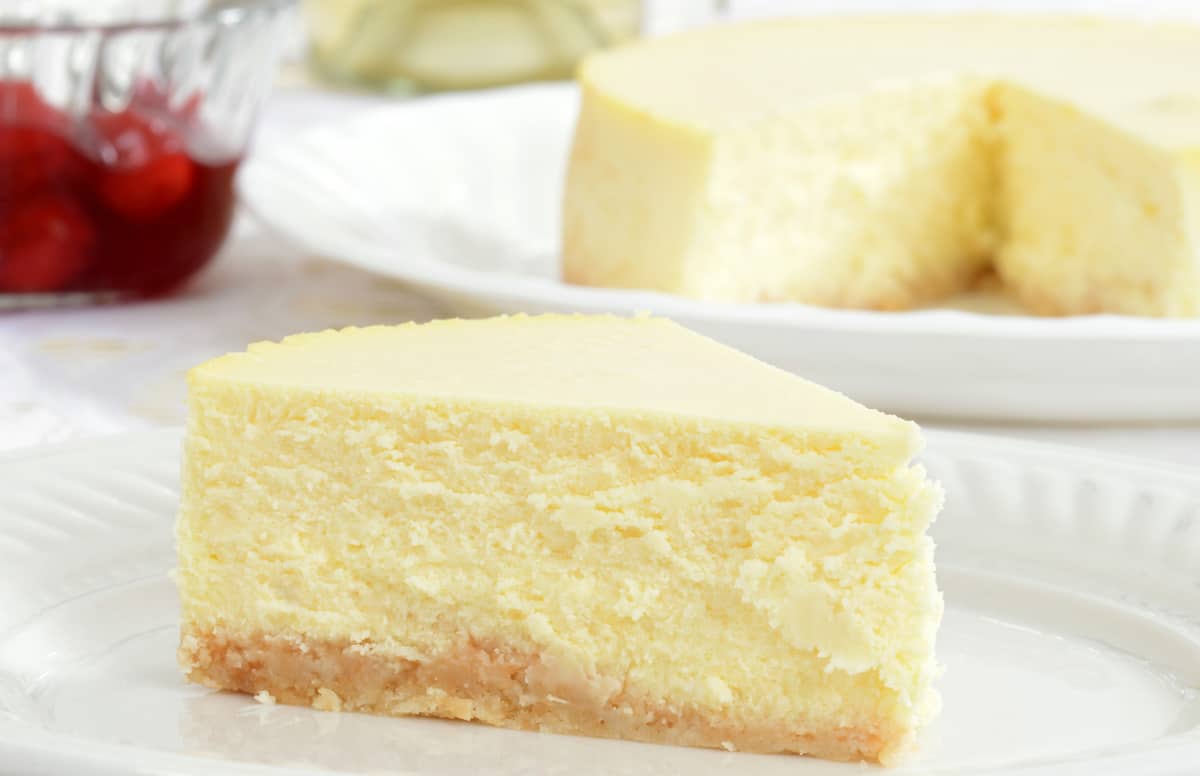
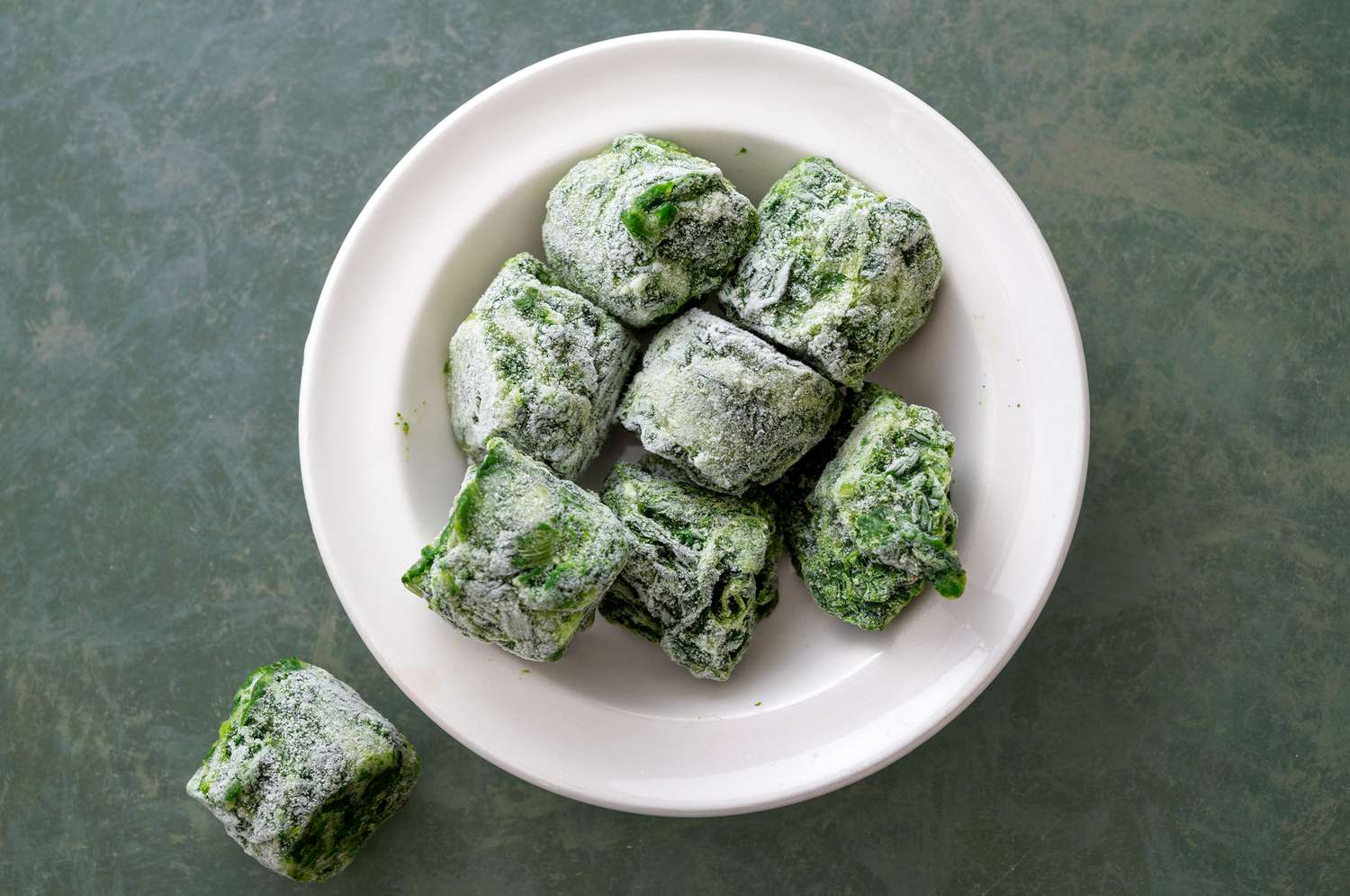
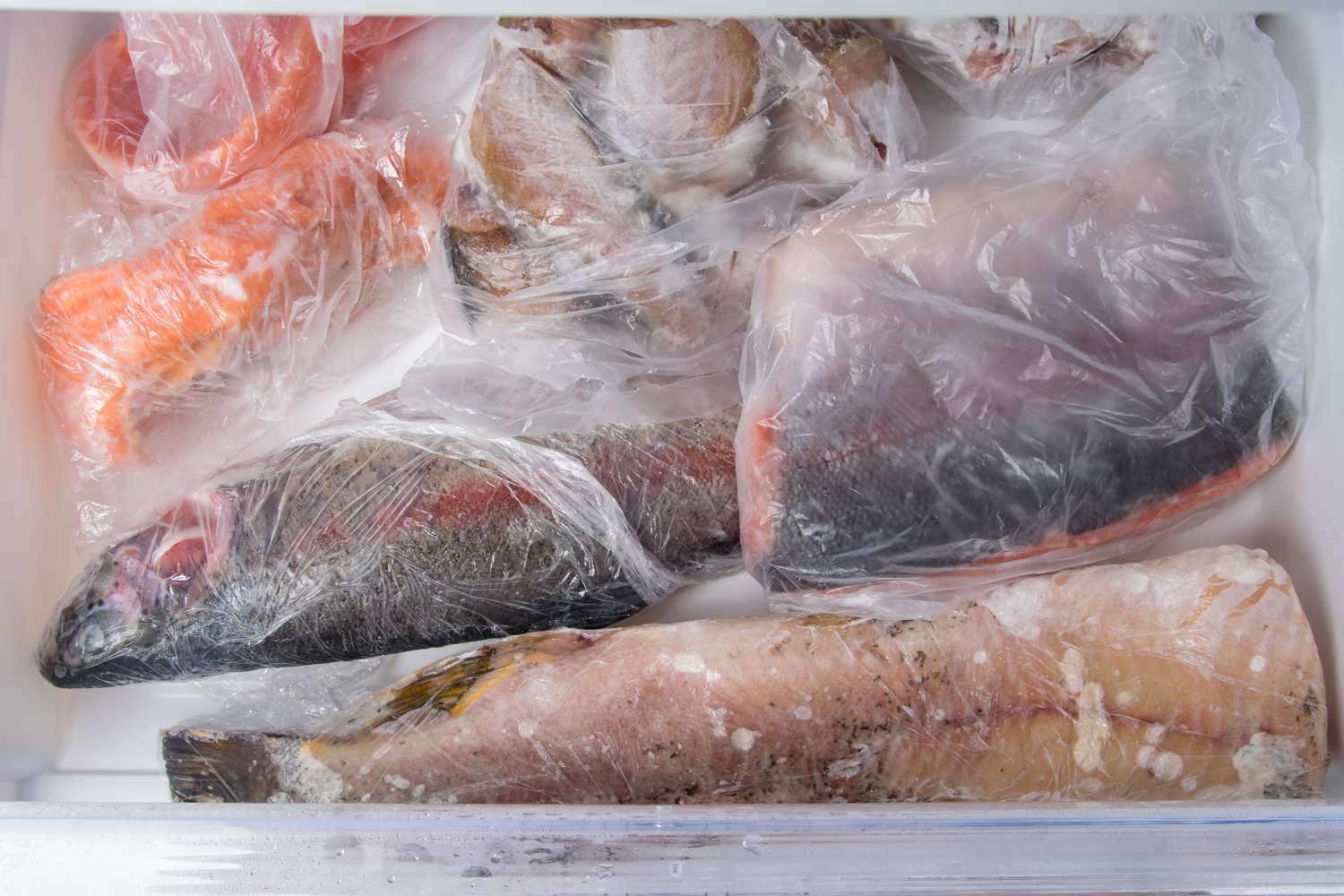
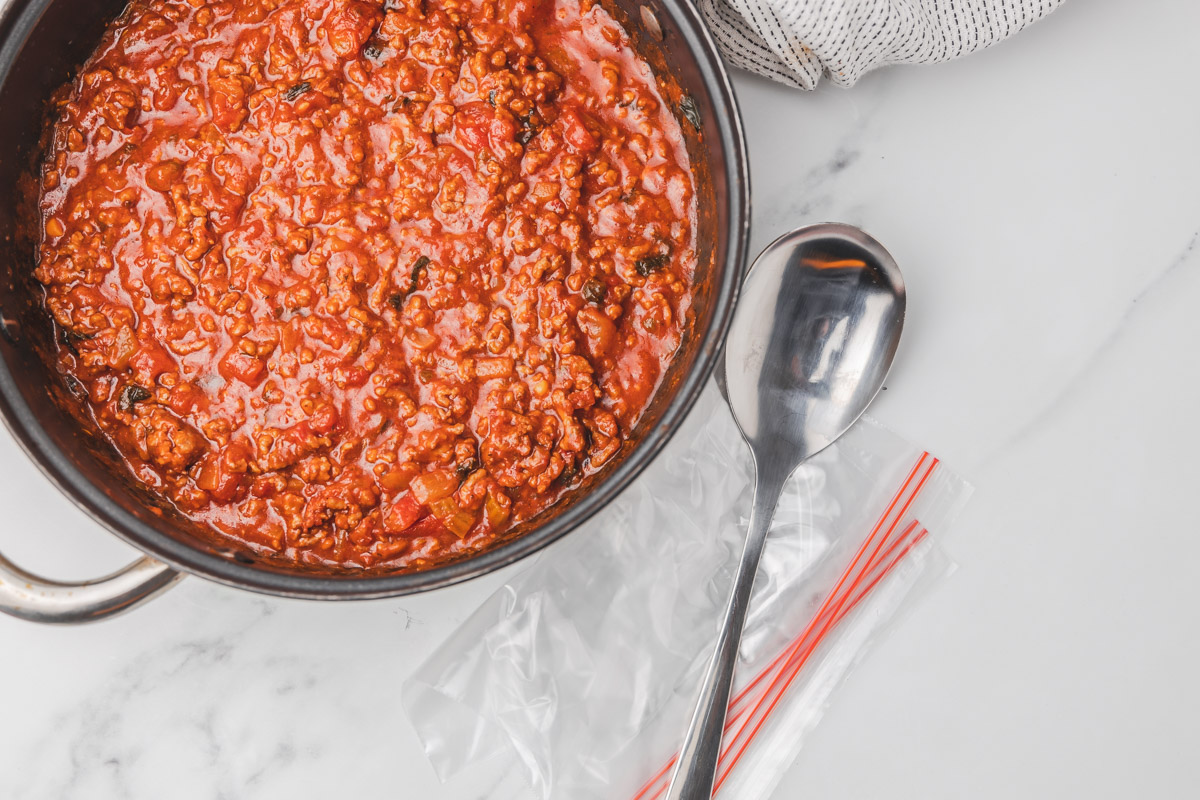
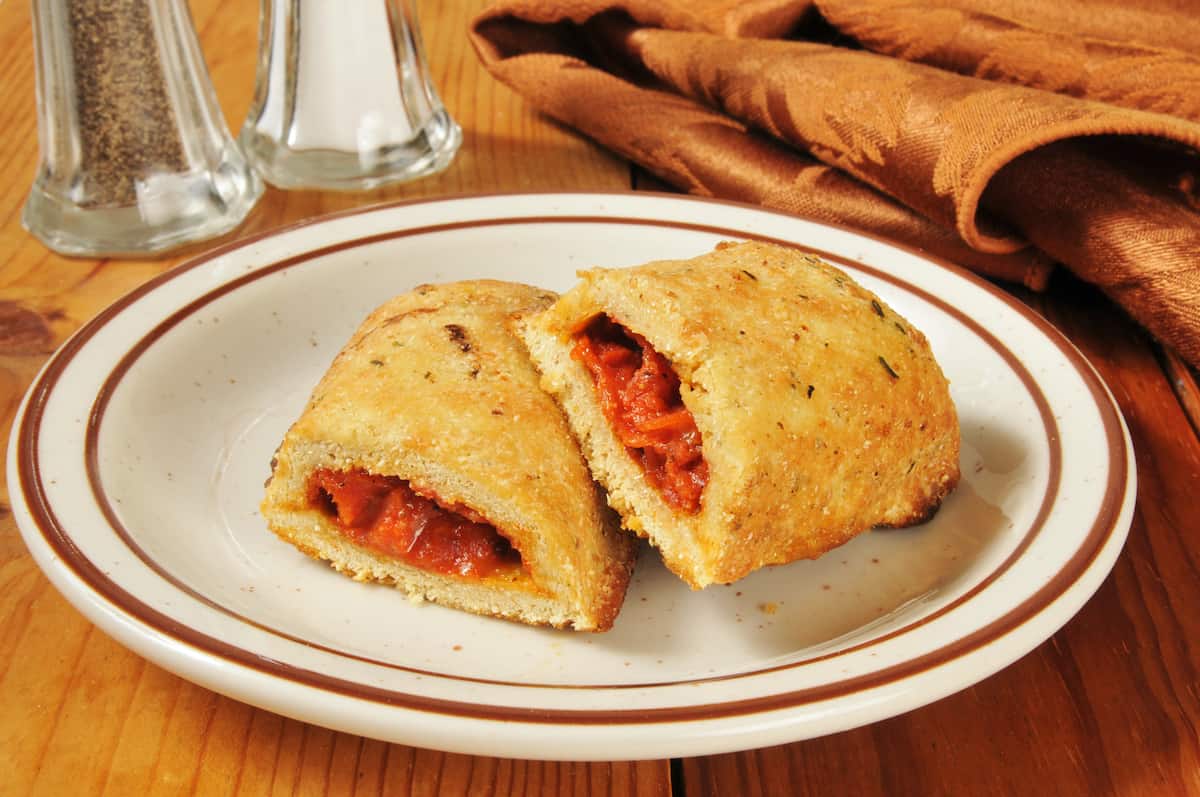
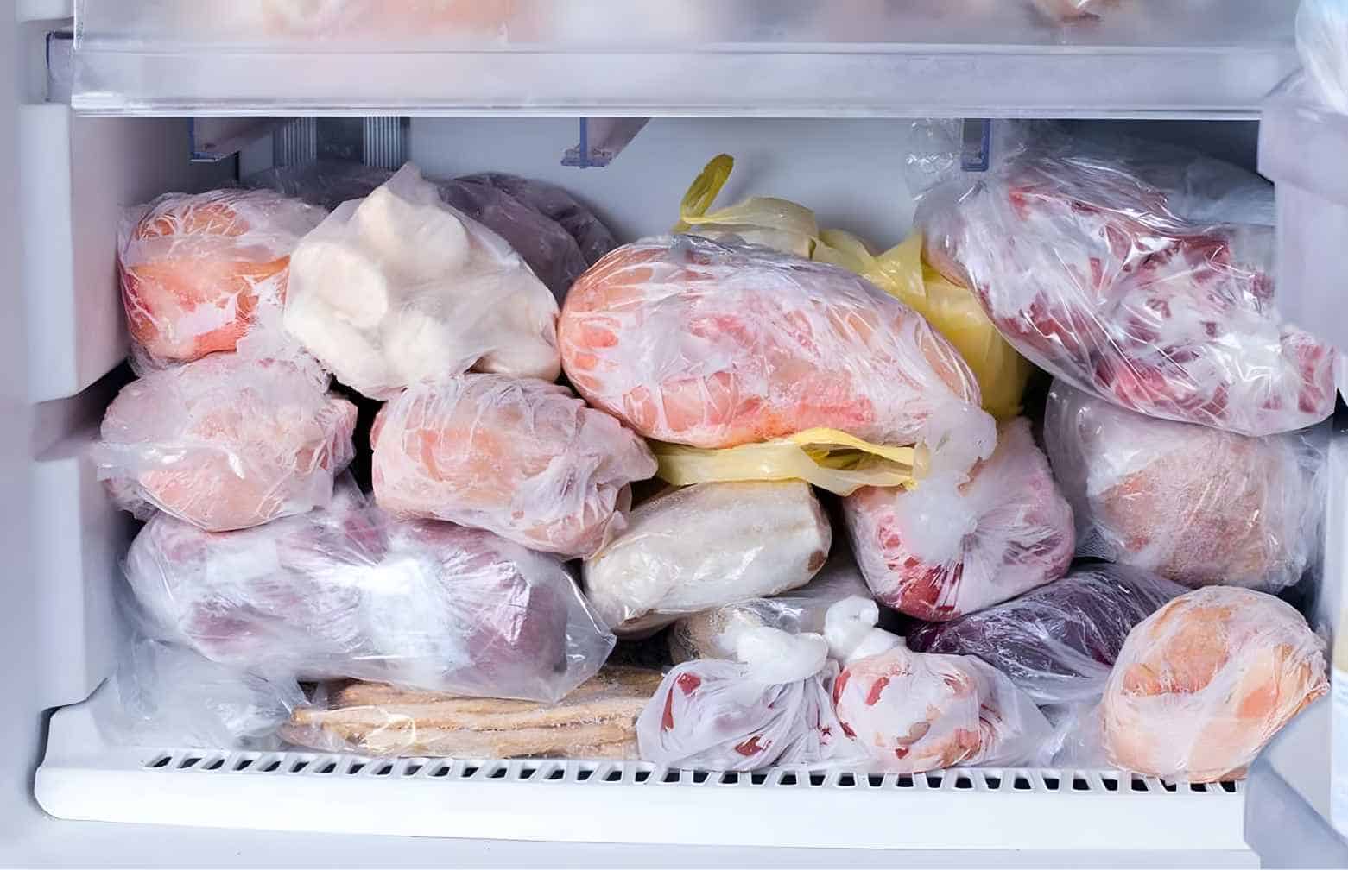

0 thoughts on “How Long Can Shrimp Last In The Freezer”